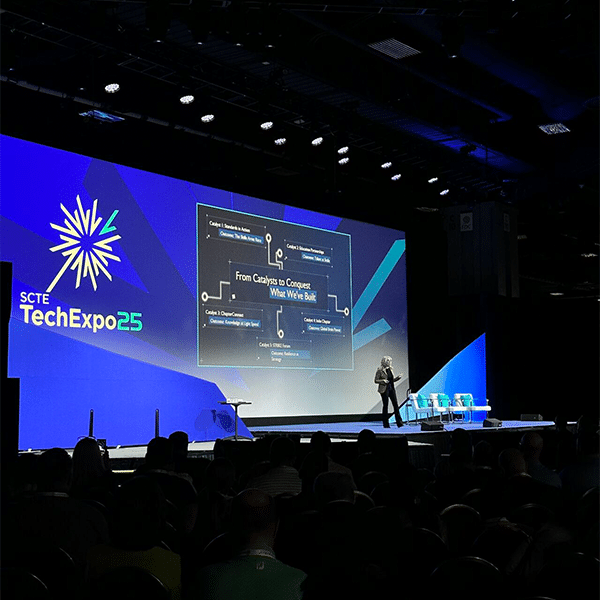The FCC has adopted rules aimed at making it easier for consumers to revoke consent to receive robocalls and robotexts. The new rules also require originators to implement these requests in a timely fashion with the Telephone Consumer Protection Act (TCPA).
TCPA requires the called party to consent to the calls and texts in order to receive them.
The new rules require that robocallers and robotexts fulfill do-not-call and consent revocations within ten days of receiving them. The rules also codify the FCC’s 2015 ruling that consumers can revoke consent using any reasonable means.
The new rules add to FCC’s 2012 ruling that clarified that a one-time text confirming a consumer request that no further texts be sent is not a violation of the TCPA as long as the confirmation text does not include marketing messages.
The FCC said that it also is seeking comment on whether the TCPA applies to robocalls and robotexts to service providers’ own subscribers and whether consumers should be able to revoke consent to stop such messages.
This was not the only news concerning the TCPA this month. On February 8, the FCC announced the unanimous adoption of a Declaratory Ruling that found that calls made with AI-generated voices are “artificial” under the TCPA. The ruling immediately makes voice cloning technology used in common robocall scams illegal.
There continue to be mammoth numbers of robocalls and robotexts. For instance, YouMail’s Robocall Index found that there were almost 3.8 billion robocalls made nationwide last December. As great as that number is, it represented what the blocking app maker called “a stunning” decline from the 2023 average of about 4.6 billion per month.



